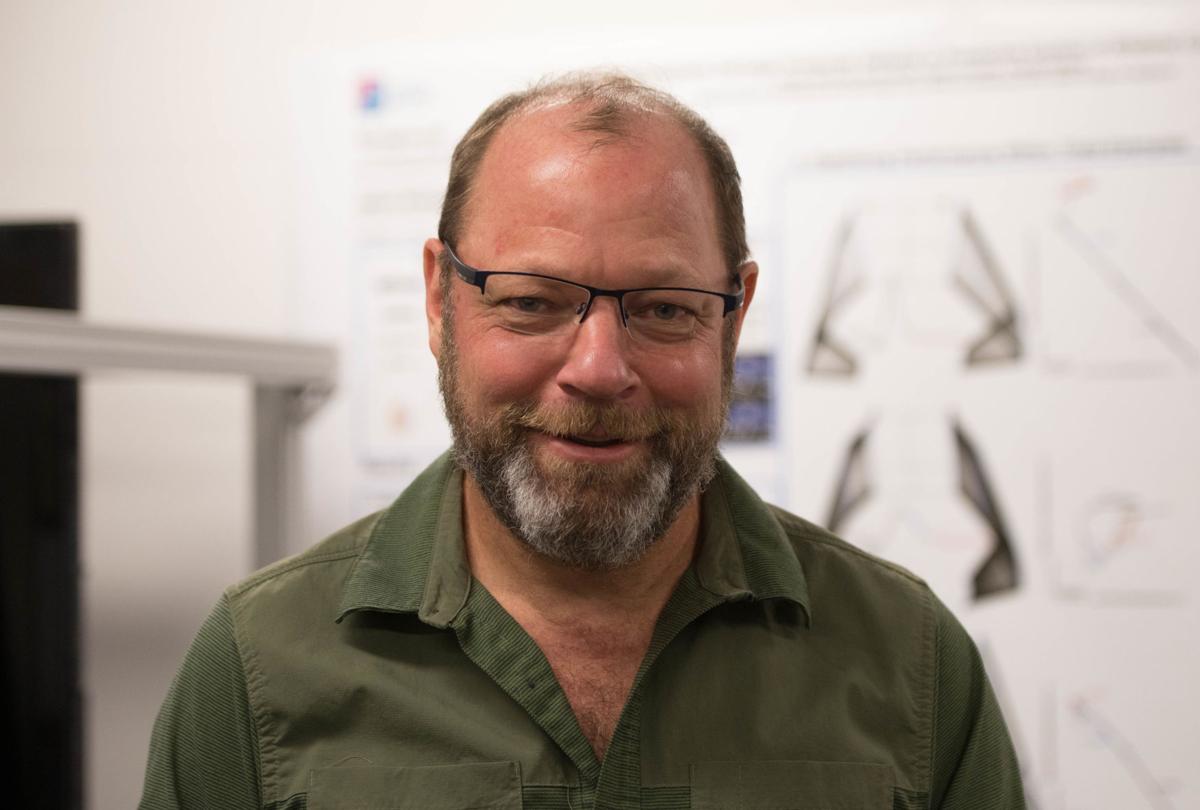
“It’s the Wrong Hand!” Why treat the good hand in Stroke Patients?
Robert Sainburg, a professor of Kinesiology and Neurology from Pennsylvania State University, will join the Boston Action Club in the fourth installment of their speaker series.
Abstract: Our research on motor lateralization has suggested that the apparent “dominance” of one hand is not simply due to practice, but stems from differences in how each side of the brain controls movement. Motor lateralization indicates that one side of the brain does things that the other side doesn’t, requiring both sides of brain to contribute to the control of each arm. Our findings have suggested that the dominant hemisphere/hand is best at predictive aspects of executing an accurately aimed and smooth movement, but not so much at responding to unpredictable conditions. The non-dominant hand is very good at countering unpredictable forces, through control of limb impedance, but not so good at making smooth, straight movements. To test our hypothesis that each hemisphere might be specialized for these two aspects of control, we studied individuals who suffered an ischemic stroke in one side of the brain and as a result had severe movement deficits in the opposite arm and hand. While conventional wisdom suggested that the “good hand” would be unaffected by the stroke, our results showed otherwise. In patients with right-hemisphere damage, the right hand did badly on tests of how accurately it could stabilize at the end of a reaching movement, while in patients with left-hemisphere damage, the left hand did badly on making straight and accurately aimed movements. Most importantly, our studies indicated that these hemisphere specific movement deficits in the “good hand” of stroke patients substantially limited their functional independence in patients with severe paresis of their ‘bad hand”. This is because 1) these patients rely exclusively on their good hand for activities of daily living and 2) Ipsilesional (good hand) deficits vary with the severity of contralesional (bad hand) paresis. Taking these findings into account, we designed and tested an intervention study to improve functional independence by focusing on control and coordination of the ‘good’ hand in stroke patients. Our pilot study (recently published) showed strong positive results that led to a large multi-center intervention study that we are currently conducting. We expect that the results of this study will lead to more comprehensive approaches to rehabilitation that include addressing the hemisphere specific deficits in each hand of stroke patients.
Zoom Information:
https://northeastern.zoom.us/j/92867869946pwd=VTA5R1EwRmZKUjdSeHRpYXpVM09Kdz09
Meeting ID: 928 6786 9946
Passcode: 103234